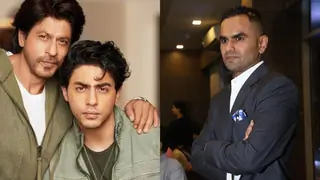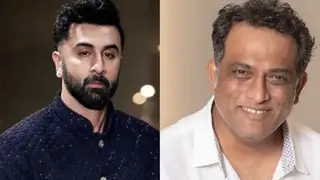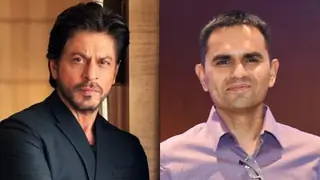It makes no sense for Latika to lie to Adhira about death, and then snap at her every time she thinks of Devāgharī as a physical location where Bābaḍyā oversees construction. When a child has learned to write, and is able to express her feelings in letters, it is cruel to tell her to stop, as Latika and Devavrat did. Instead, Latika should tell her that Bābaḍyā was never the one writing back, but she can always imagine that he is reading her letters.
By the time I was Adhira's age, I knew what death was. Not only did I understand why I couldn't visit my grandfather anymore, I had the benefit of my mother telling me about holding her grandmother's hand during death, how the body lost warmth and became stiff. I accepted it as the way life ends.
Yes, Abhimanyu was murdered, and that is painful for Latika. However, if she never explains it to Adhira, someone else like Babulnath will be the first to tell her, cruelly, or she might get her information about murder from TV. "You'll understand when you're older" is always the wrong answer because it teaches children not to ask for guidance. Children can make sense of anything if adults just have a little faith in them.
My childhood playmate's father had been imprisoned in a Nazi concentration camp, so I knew what those were at an early age. When I was eight years old, I lost friends to murder - a home invasion and suspected hate crime. I accepted it as the way the world is - unfair and unpredictable. Knowing that people do horrific things to other people did not spoil my childhood; it made me aware of my responsibility to choose right over wrong.
On a lighter note, when Bimbavati referred to Abhimanyu as Kailāsavāsī, I tried to remember, has there ever been a Śaiva observance on this show? Since Abhya's mother was a devotee of Datta Mahārāja, wouldn't he be Vaikuṇṭhavāsī?





























31